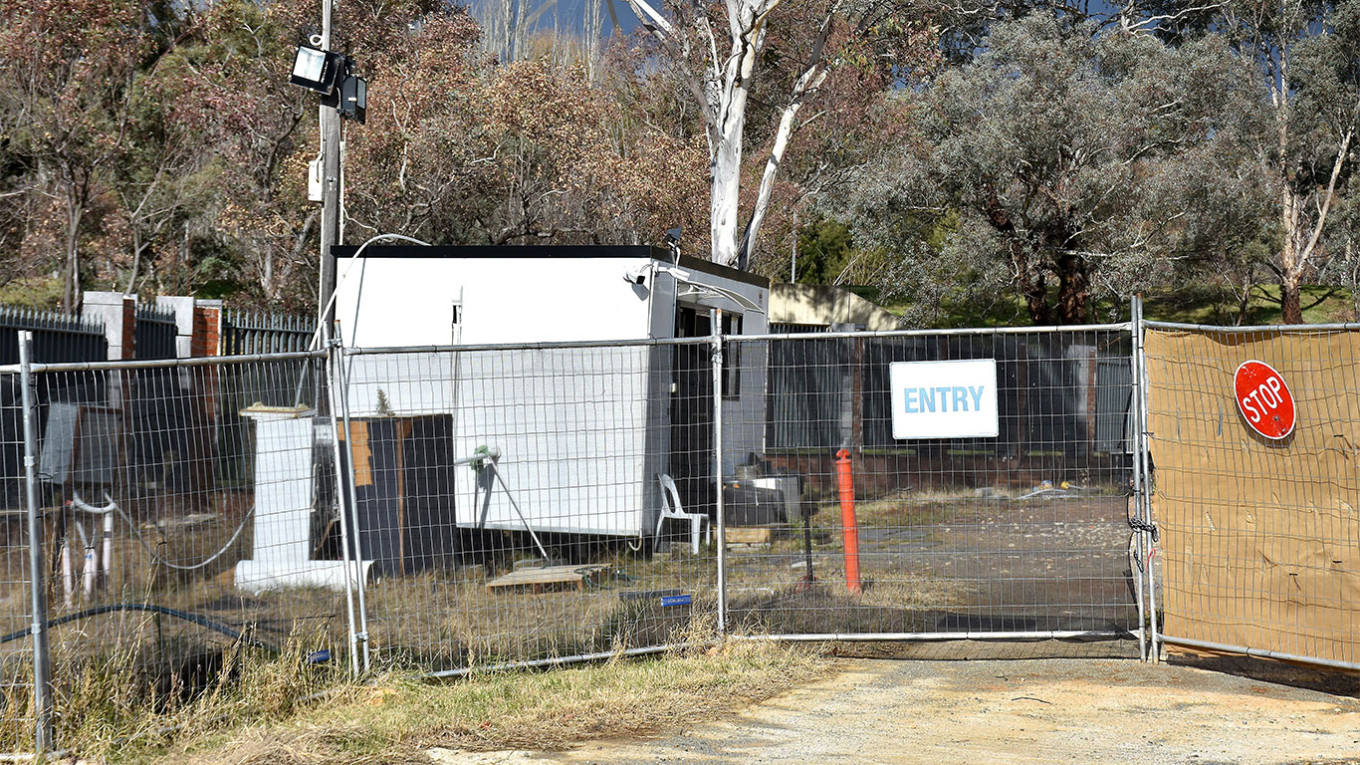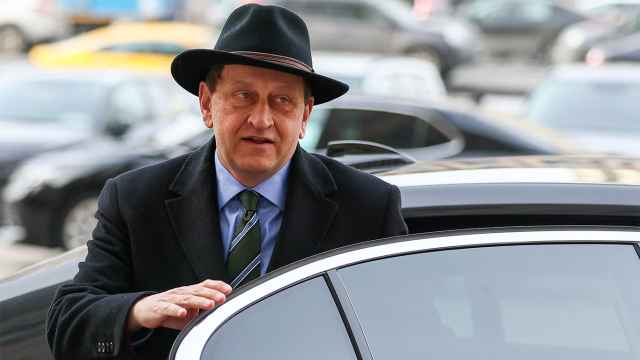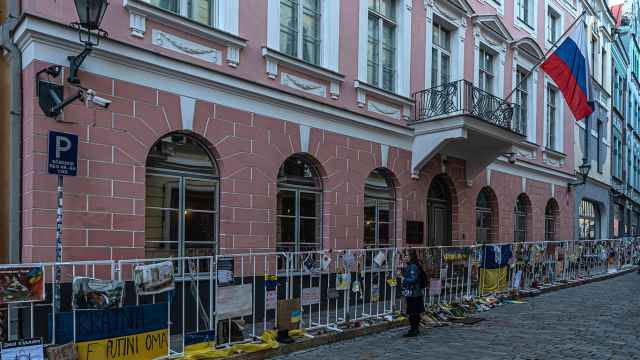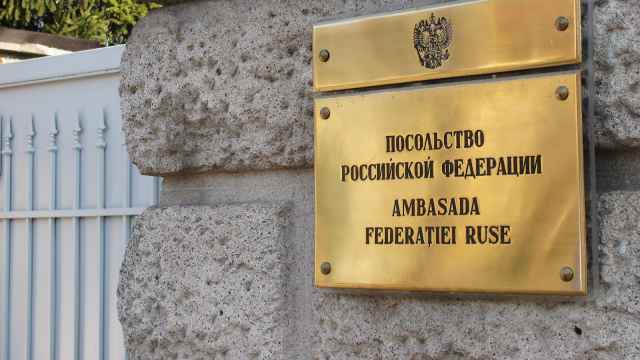A mystery Russian diplomat with a penchant for loungewear and cigarettes sparked a national security standoff between Canberra and the Kremlin Friday, defying Australian efforts to seize a messy construction site in the heart of the capital.
Australia has blocked Russia from building a new embassy on the parcel of land — a stone's throw from Parliament House — after intelligence agencies warned it could be used as a base to spy on lawmakers.
Russia launched a legal bid to save the project on Friday, while also embarking on an unusual diplomatic gambit: despatching a bespectacled official to squat in a run-down portable cabin on the site.
The middle-aged man, clad in track pants and a puffer jacket, presents a prickly challenge for Australian officials, who are wary of forcibly evicting a Russian envoy.
Government sources told AFP the man has diplomatic protection, although he did not seem to appear on Russia's public list of representatives in Australia.
The man remained inside the cabin for most of Friday, as multiple Australian police vehicles parked nearby.
But he finally emerged hooded into the frigid Canberra night to smoke a cigarette before returning to the cabin to watch TV.
Australian Prime Minister Anthony Albanese described the diplomat on Friday as "some bloke standing in the cold on a blade of grass in Canberra."
The "bloke" Albanese insisted, is "not a threat to our national security."
'Russophobic hysteria'
Russia bought the lease to the land from the Australian government in 2008, and in 2011 was granted approval to build its new embassy there.
But the Australian government announced last week it was tearing up the lease.
Australia's parliament passed laws specifically aimed at stopping a Russian embassy from being built on the site, which sits about 400 meters (440 yards) away from the parliamentary precinct.
"The government has received very clear security advice as to the risk posed by a new Russian presence so close to Parliament House," Albanese told reporters.
"We are acting quickly to ensure the lease site does not become a formal diplomatic presence."
The new laws, passed with bipartisan support, do not stop Russia from having a diplomatic footprint in Australia — only from building so close to parliament.
An Australian government spokesman said on Friday Russia was seeking an injunction at the country's highest court, on the grounds that the move was unconstitutional.
"Russia's challenge to the validity of the law is not unexpected," he told AFP.
"This is part of the Russian playbook."
Kremlin spokesman Dmitry Peskov said last week it was a demonstration of "Russophobic hysteria."
Russia's Foreign Ministry earlier this week released a list of 48 Australians who were banned from the country for propagating an "anti-Russian agenda."
The list included journalists, government officials, and executives from local defense companies.
A Message from The Moscow Times:
Dear readers,
We are facing unprecedented challenges. Russia's Prosecutor General's Office has designated The Moscow Times as an "undesirable" organization, criminalizing our work and putting our staff at risk of prosecution. This follows our earlier unjust labeling as a "foreign agent."
These actions are direct attempts to silence independent journalism in Russia. The authorities claim our work "discredits the decisions of the Russian leadership." We see things differently: we strive to provide accurate, unbiased reporting on Russia.
We, the journalists of The Moscow Times, refuse to be silenced. But to continue our work, we need your help.
Your support, no matter how small, makes a world of difference. If you can, please support us monthly starting from just $2. It's quick to set up, and every contribution makes a significant impact.
By supporting The Moscow Times, you're defending open, independent journalism in the face of repression. Thank you for standing with us.
Remind me later.






